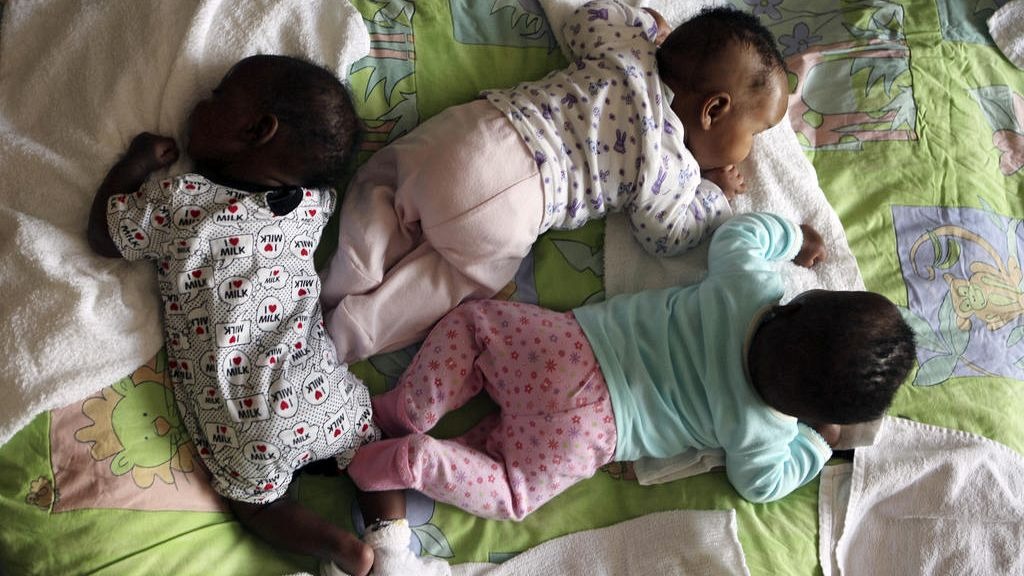In December 2022, Nigeria found itself grappling with a harrowing diphtheria outbreak, a contagious disease primarily affecting the nose, throat, and skin, which had already claimed the lives of more than 600 individuals, primarily children. This grim statistic surpasses the 2011 outbreak, which saw a mere 98 reported cases, casting a shadow of concern across the nation.
Kano state, situated in the northern region, became the epicentre of this health crisis, bearing the brunt of the outbreak with over 500 recorded fatalities. However, there is a glimmer of hope on the horizon, as the number of active cases has recently started to decline.
Diphtheria, a highly contagious and preventable disease, spreads through coughs, sneezes, and close contact with infected individuals, with severe cases often proving fatal. Regrettably, many of the affected children were unvaccinated, making the situation all the more heart-wrenching.
Dr. Faisal Shuaib, the head of the National Primary Health Care Development Agency, witnessed the dire consequences of this entirely preventable disease during a visit to a diphtheria isolation centre in Kano city. He emphasized the need for vaccinations, stating, “Witnessing the young children suffering from this entirely preventable disease at the centre today was profoundly heart-wrenching.”
As of 24 September, the Nigeria Centre for Disease Control and Prevention (NCDC) reported 453 fatalities and 11,587 suspected cases. Nevertheless, the World Health Organization (WHO) has raised concerns that the actual fatality and infection rates might be higher due to inadequate testing and some patients not reporting their symptoms. Despite this, measures such as contact tracing have contributed to a decline in case numbers.
This devastating outbreak has cast its dark shadow over 19 of Nigeria’s 36 states and the federal capital, Abuja. The hardest-hit states are all located in the north, including Kano, Yobe, Katsina, Borno, Jigawa, and Kaduna.
Health authorities are now urgently appealing to parents with unvaccinated or partially vaccinated children to ensure they receive immunization. They emphasize that vaccination remains the most effective means of controlling the ongoing crisis.
The World Health Organization (WHO) underscores that only 57% of Nigerians have received the pentavalent vaccine, which guards against five life-threatening diseases, including diphtheria. To avert future diphtheria outbreaks, Nigeria must increase vaccination coverage to reach at least 80% of the population, according to the WHO.
The last significant diphtheria outbreak in the country occurred in 2011 when 21 people lost their lives, and 98 were infected in Borno state, as reported by the WHO. In the wake of this latest outbreak, it is evident that vaccination is not just a crucial preventative measure but a lifeline to safeguard the health and future of Nigeria’s children.









No comment yet, add your voice below!